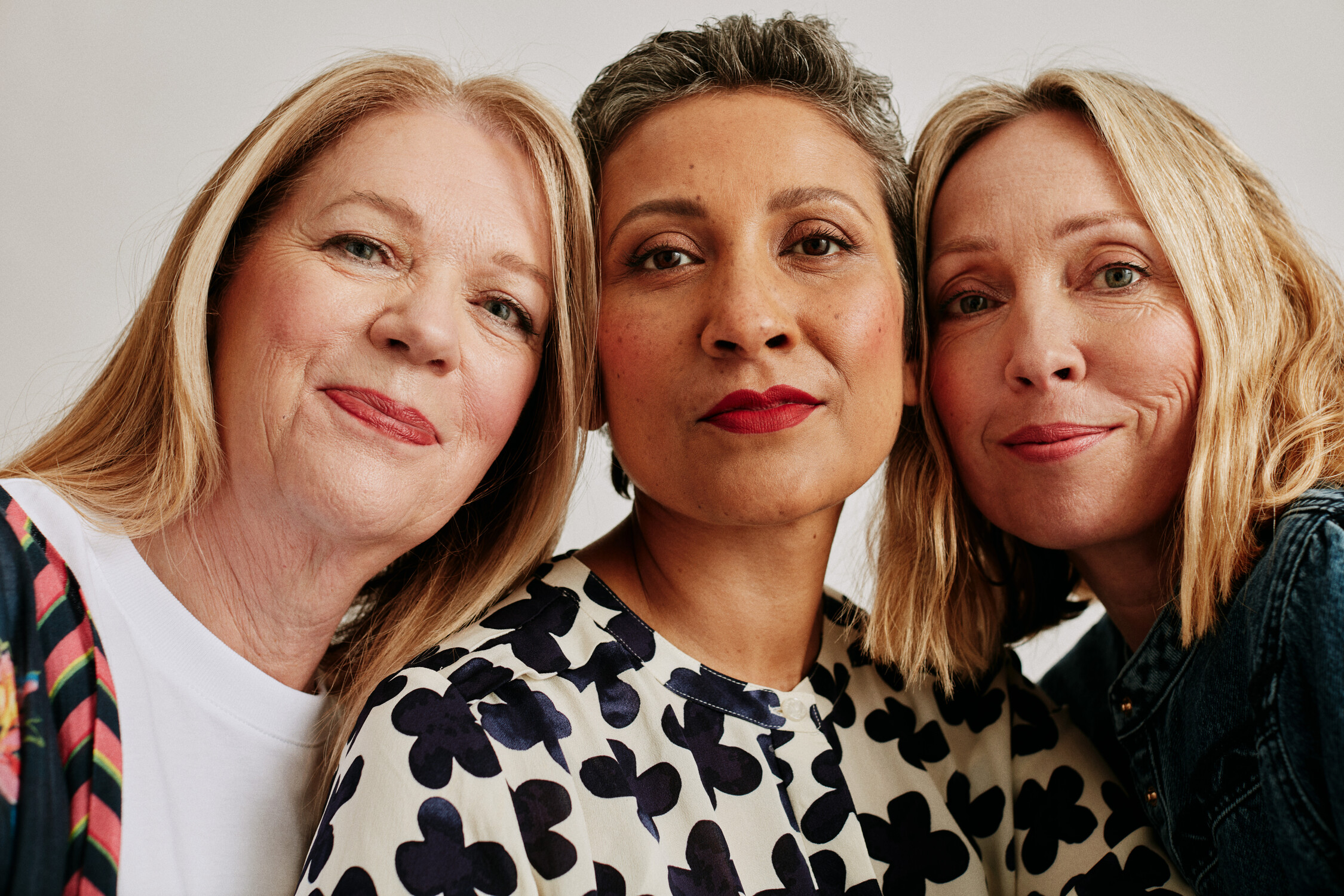There are different styles of retirement. The traditional one is a life of leisure, there are people like me (and many who read my articles) who see life ahead as full of opportunities, and those who struggle.
Alongside academic reading I look out for high quality research. I recently read a study by AGE WAVE and EDWARD JONES on Longevity and the New Journey of Retirement and I’ve referred to this in a previous article The New Retirement. They have identified four differing retirement styles, the percentage from their research is included
- Purposeful Pathfinders 23%
- Relaxed Traditionalists 26%
- Challenged yet Hopefuls 20%
- Regretful Strugglers 31 %
1. Purposeful Pathfinders
These are thriving in retirement, had a smooth transition and have an active, engaged, and happy life, full of purpose and meaning. They are focused on continued self-improvement. Mostly in a good financial position and doing well across the four pillars of family, health, purpose and finances (described in my previous article, The New Retirement. They are happy with the life, looking back and happy for the life ahead.
This is where I’m thankful to fit, not yet, calling myself retired, but in a good place with some paid work, my occupational pension and time to focus on personal development and growth.
2. Relaxed Traditionalists
These have chosen a more traditional retirement and are in a good financial position. Glad to have left work behind they are more focused on holidays and having fun than in reinventing themselves and seeking new experiences. They are open to living in a retirement community.
A friend of mine fits into this category. Retired from the police at 55 with a good pension and a substantial investment portfolio, his life revolves around the gym, golf, cooking, shopping and going to gigs.
3. Challenged yet Hopefuls
These have active lives and are focused on continual self-improvement especially regarding their health. They enjoy spending quality time with family and friends. They worry, however regarding their finances and if they will have enough money for later life.
A lot of this is related to pension benefits, with a defined benefits pension, increasing each year, there is certainty of income. Without, and I have a friend who got his pension 3 years ago. It seems good but it is fixed so erodes over the years. So whilst he enjoys his hobbies and time with family, he continues to work and is working because he has to, not because of the fulfilling work.
4. Regretful Strugglers
This is the largest of the four groups and the ones most likely to struggle. They are more likely to see retirement as the beginning of the end rather than ‘a new chapter of life’. With financial difficulties they are less likely to focus on their life purpose. This group have often struggled throughout their lives in unsatisfying work and with lower paid work there was less opportunity to save.
If your income was such that you never had a chance to save, and likely to just have the state pension they worry how they will manage, especially when they have to give up their part-time job. This is going to be the future for many more, and whilst the Government encourage people to save for a pension this could put them in a position where they don’t have enough for a secure future, but too much for e.g. pension credit. I’ve spoken with too many people who realise, too late, that their limited savings mean they don’t get any Government help.
Where do you fit, or expect to fit?
Photo by cottonbro





